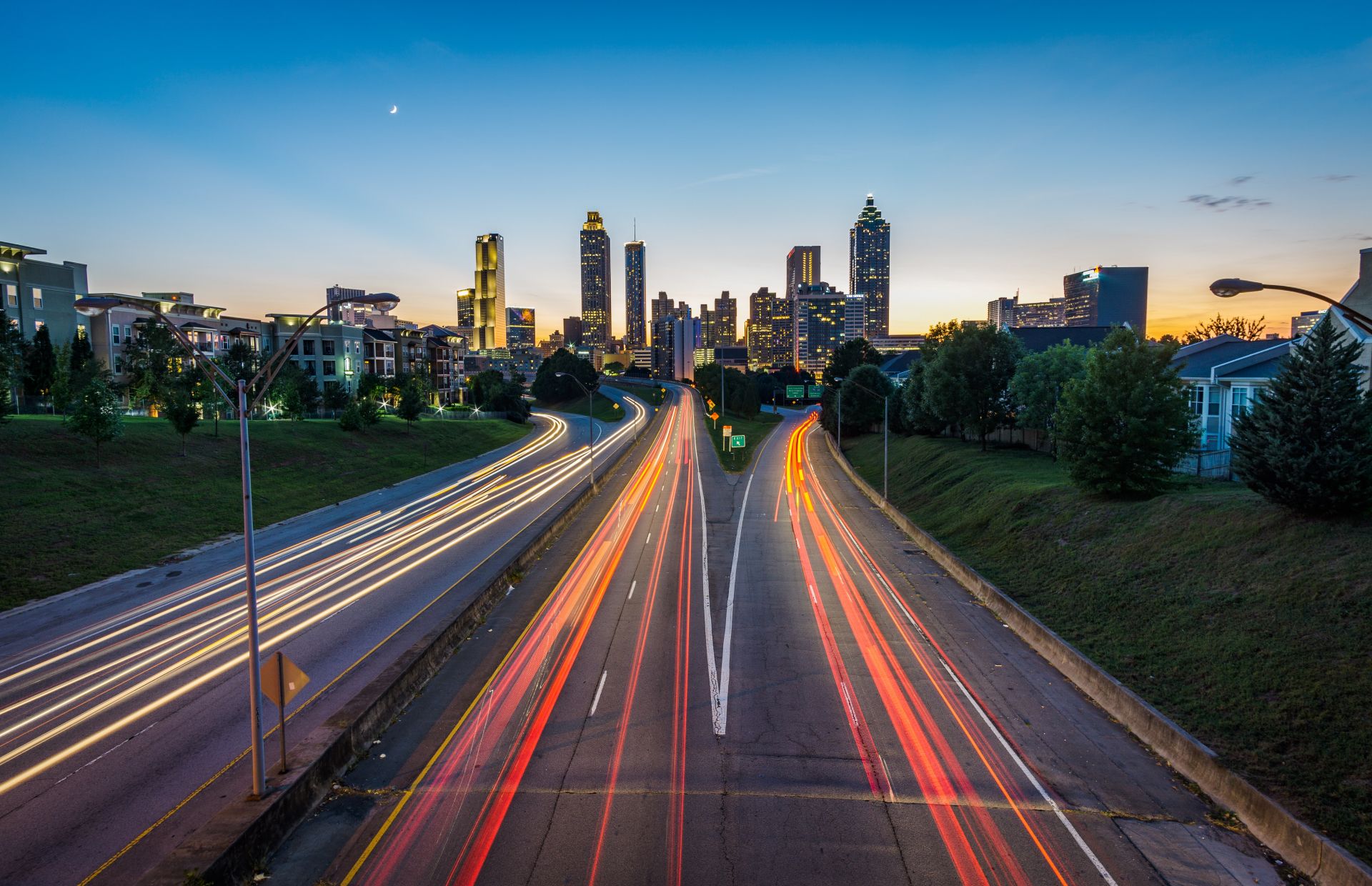Media Releases
New cars will need new skills

Self-driving cars available in the near future won’t allow drivers to sleep on the job and may even require special training and licenses to operate, according to a new study.
Associate Professor Gunther Paul from James Cook University’s Australian Institute of Tropical Health and Medicine was one of a group of scientists looking at how humans and the new automotive technology would operate together.
“Automation of cars is rated on a level of 0 to 5 and vehicles from Level 4 will be able to be driven without any human interaction. But that level will not be achievable anytime soon,” he said.
The scientists used statistical formulae to examine potential problems with the operation of vehicles at Level 3 – the best level of technology currently available.
“At Level 3 humans are supposed to take over control quickly in order to deal with safety-critical situations that the car cannot. For instance, the automated system may spot something it can’t handle, like a construction site. If the human driver doesn’t take over control within a short time span it may result in a serious accident,” said Dr Paul.
He said in any situation where a semi-autonomous vehicle requests the human driver to take over control, the decision-making time of the human is crucial.
“We know for instance that people get more drowsy in automated cars that drive themselves than in cars that need to be manually driven, with younger people becoming the most drowsy. That’s something we are going to have to work on, as it’s fairly obvious that if the driver is drowsy their decision making time is going to suffer,” said Dr Paul.
He said maintaining alertness may be more important for the drivers of the new type of car than it is for airline pilots.
“The road might be much less forgiving than the sky. While slight deviations in aircraft altitude, speed, or human actions are often tolerable without immediate consequences, a car is likely to have much tighter control requirements for avoiding collision than an aircraft,” said Dr Paul.
“New qualities and attitudes will be required of the driver to safely interact with the automated system, particularly in emergency situations. A big part of this will include learning to trust the technology and reacting to what it’s telling you. Training will certainly be essential,” he said.
Associate Professor Gunther Paul
E: Gunther.paul@jcu.edu.au